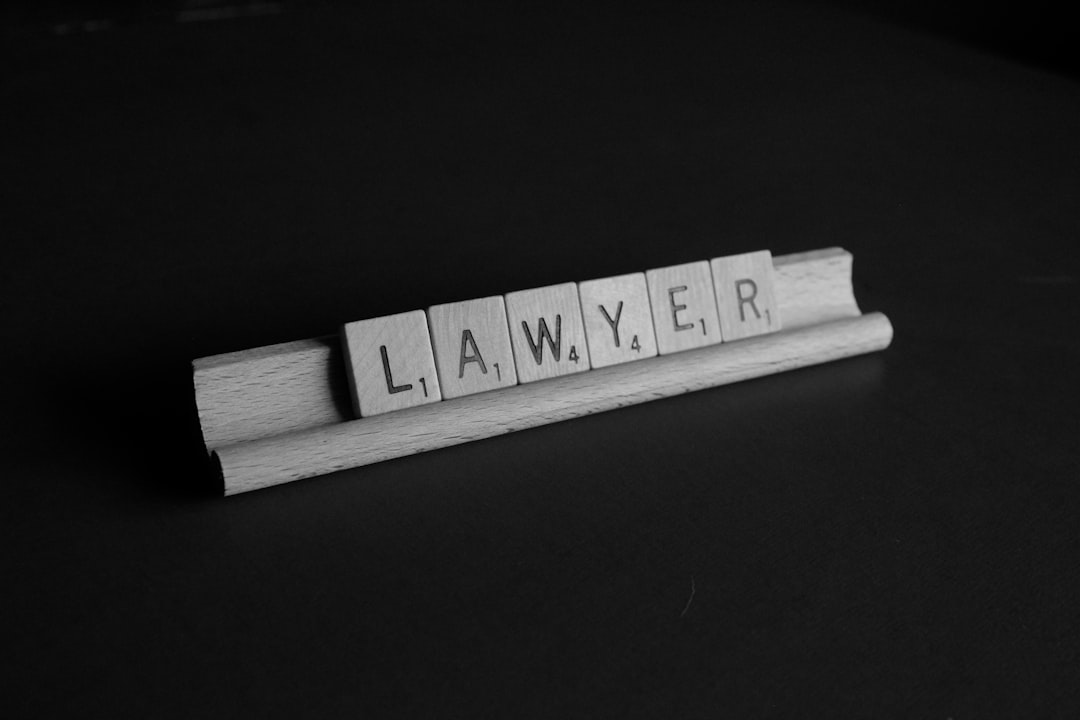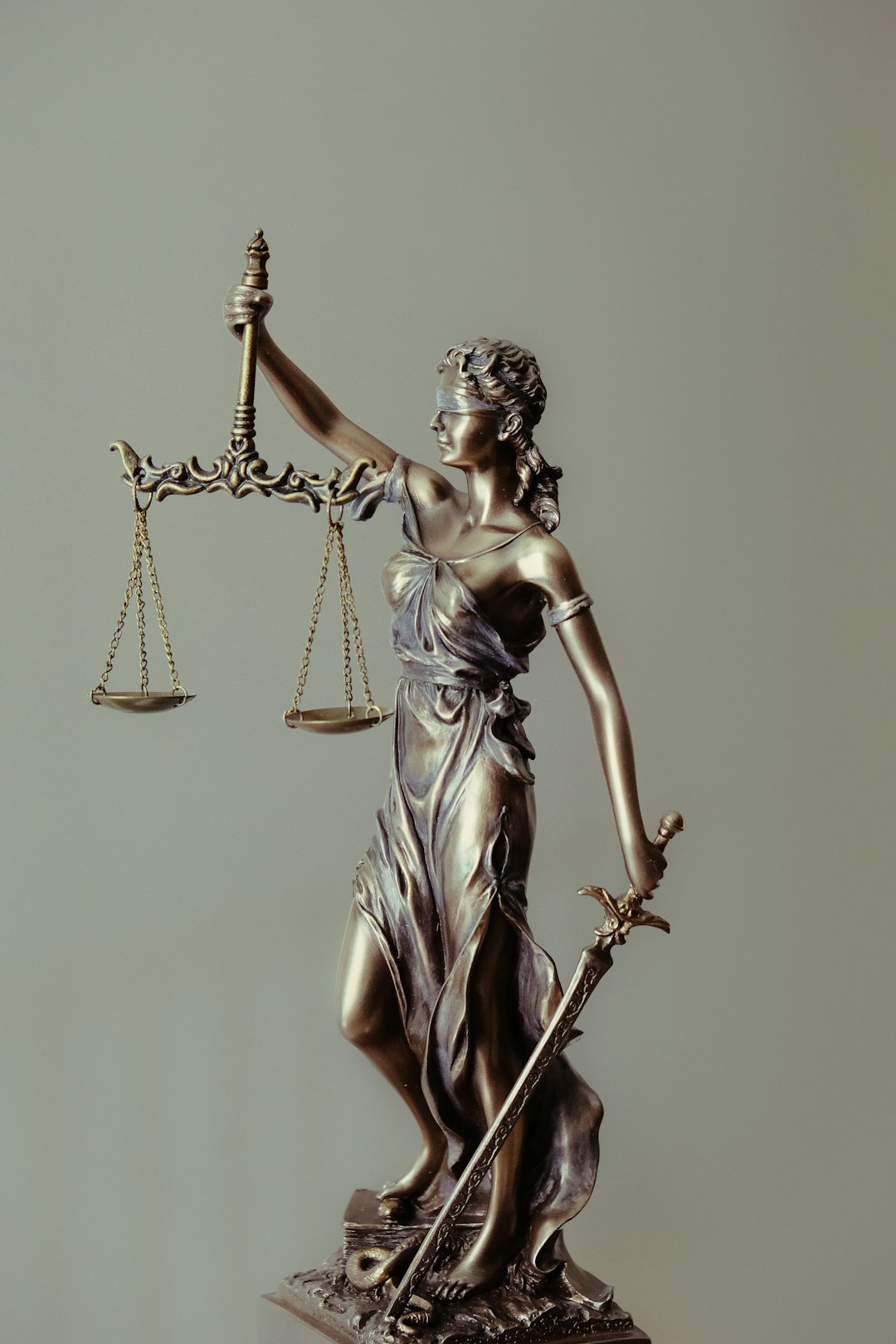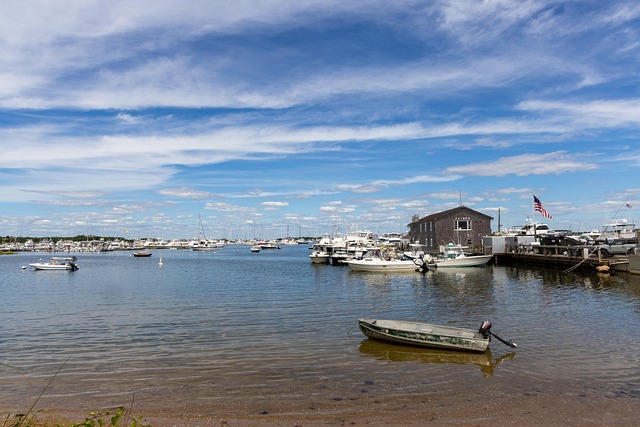School abuse law firms in Rhode Island play a vital role in protecting students and administering justice for allegations of abuse within educational institutions. Public schools follow strict protocols guided by state laws, with immediate reporting and dedicated investigation teams. Private schools handle allegations differently, often through internal investigations or discreet resolutions, but both types of schools need continuous improvement to ensure consistency and effective justice, fostering safe learning environments.
In Rhode Island, understanding how Providence private schools compare with public ones in handling allegations of abuse is crucial. This article explores the distinct approaches taken by these institutions, shedding light on their policies and procedures. With a focus on school abuse law firms in Rhode Island, we delve into the effectiveness of reporting mechanisms at both public and private schools, identifying gaps and best practices. By comparing these systems, we aim to enhance awareness and foster safer learning environments.
Understanding the School Abuse Law Firms in Rhode Island
In Rhode Island, the handling of allegations of abuse within educational institutions is governed by a series of laws and regulations designed to protect students and ensure justice. Understanding the role of school abuse law firms in this context is crucial. These specialized legal practices are equipped to navigate complex issues surrounding child abuse, including sexual misconduct, physical harm, and emotional trauma. They work closely with families, advocates, and law enforcement to ensure that allegations are thoroughly investigated and appropriate legal actions are taken.
Rhode Island’s school abuse law firms play a vital role in holding institutions accountable. They employ experienced attorneys who possess deep knowledge of state laws and regulations pertaining to child safety and education. When an allegation occurs, these law firms provide strategic guidance, offering support through every stage of the legal process. Their expertise includes filing complaints, negotiating settlements, and representing clients in court, ensuring that victims’ rights are upheld and perpetrators face consequences under the law.
Public Schools: Policies and Procedures for Handling Allegations
In public schools across Rhode Island, policies and procedures for handling allegations of abuse are governed by state laws and regulations designed to protect students. These protocols often involve reporting mechanisms that require staff members, including teachers, administrators, and support personnel, to report suspected or observed instances of abuse immediately. Many districts have dedicated teams or individuals responsible for investigating these claims, ensuring a thorough and impartial examination.
The process typically includes interviewing the student, alleged perpetrator, and witnesses; gathering relevant documents and evidence; and making recommendations for disciplinary action or support services based on the findings. School administrators are also mandated to collaborate with local law enforcement when appropriate, especially in cases involving criminal offenses. This coordinated approach aims to provide a safe learning environment while adhering to the school abuse law firms Rhode Island has in place to safeguard students’ rights and well-being.
Private Schools: Their Approach to Addressing Abuse Accusations
Private schools in Rhode Island take allegations of abuse seriously, but their approach can differ significantly from public schools. Unlike public institutions that often have stringent legal obligations and centralized reporting systems, private schools tend to have more flexibility in handling such sensitive matters. This can result in a range of responses, from robust internal investigations led by dedicated staff or external experts to more discreet resolutions aimed at preserving the privacy of all parties involved.
Many private schools in Rhode Island also emphasize restorative justice practices, seeking to address the harm caused by abuse while fostering understanding and healing for everyone affected. Additionally, they may offer comprehensive support services, such as counseling and academic accommodations, to students who have experienced trauma. However, it’s crucial for parents and students to be aware of their rights and the legal framework surrounding school abuse, particularly when considering representation from a school abuse law firm in Rhode Island.
Comparative Analysis: Effectiveness and Gaps in Reporting Mechanisms
In comparing Providence private schools with public schools on their handling of allegations of abuse, a critical aspect to consider is the effectiveness and gaps in reporting mechanisms. Private institutions often boast stringent policies and procedures designed to protect students from harm, including robust reporting structures that facilitate swift action on abuse claims. However, these systems can vary widely in terms of transparency and accountability. Public schools, while subject to legal frameworks like the school abuse laws in Rhode Island, may face challenges related to resource allocation and centralized authority, potentially leading to inconsistencies in how allegations are reported and addressed.
A closer look reveals that private schools sometimes excel in providing immediate support networks for victims and implementing discipline measures against perpetrators. Conversely, public schools’ reporting mechanisms might be more standardized but could lack the same level of individual attention and promptness. This analysis underscores the need for both types of institutions to continually review and improve their procedures to ensure a safe learning environment, with an emphasis on consistency, transparency, and effective justice for all students affected by abuse.





